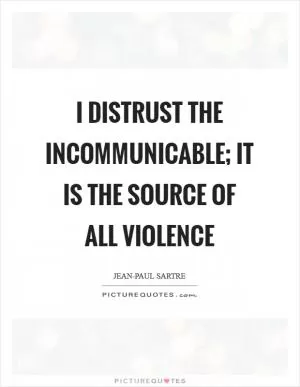The greatest happiness is to know the source of unhappiness

The greatest happiness is to know the source of unhappiness
Fyodor Dostoevsky, one of the greatest Russian novelists of all time, is known for his deep exploration of the human psyche and the complexities of human nature. In his works, he delves into the darkest corners of the human soul, exposing the inner turmoil and conflicts that plague his characters. One of the recurring themes in Dostoevsky's works is the idea that true happiness can only be achieved by confronting and understanding the source of one's unhappiness.In Dostoevsky's novel "Crime and Punishment," the protagonist, Raskolnikov, is a young man who commits a heinous crime in an attempt to prove his superiority and test his theory of the "extraordinary man." However, instead of finding happiness and fulfillment, Raskolnikov is consumed by guilt and remorse, haunted by his actions and unable to find peace. It is only through his eventual confession and acceptance of his crime that he is able to find redemption and a sense of inner peace.
Similarly, in "Notes from Underground," Dostoevsky explores the inner workings of a deeply troubled and alienated protagonist who is unable to find happiness or fulfillment in his life. The Underground Man, as he is known, is consumed by bitterness, resentment, and self-loathing, unable to connect with others or find meaning in his existence. It is only through his self-awareness and acknowledgment of his own flaws and shortcomings that he is able to begin the journey towards self-improvement and personal growth.












 Friendship Quotes
Friendship Quotes Love Quotes
Love Quotes Life Quotes
Life Quotes Funny Quotes
Funny Quotes Motivational Quotes
Motivational Quotes Inspirational Quotes
Inspirational Quotes